Data Vis Dispatch, February 18: German election polls, corruption, and tariffs
February 18th, 2025
9 min
This article is brought to you by Datawrapper, a data visualization tool for creating charts, maps, and tables. Learn more.
The best of last week’s big and small data visualizations
Welcome back to the 142nd edition of Data Vis Dispatch! Every week, we publish a collection of the best small and large data visualizations we find, especially from news organizations — to celebrate data journalism, data visualization, simple charts, elaborate maps, and their creators.
Recurring topics this week include good and bad news about the climate, as well as good and bad news about maternal health.
How did you spend your evenings this week? Maybe watching the Eurovision Song Contest — or the aurora borealis?
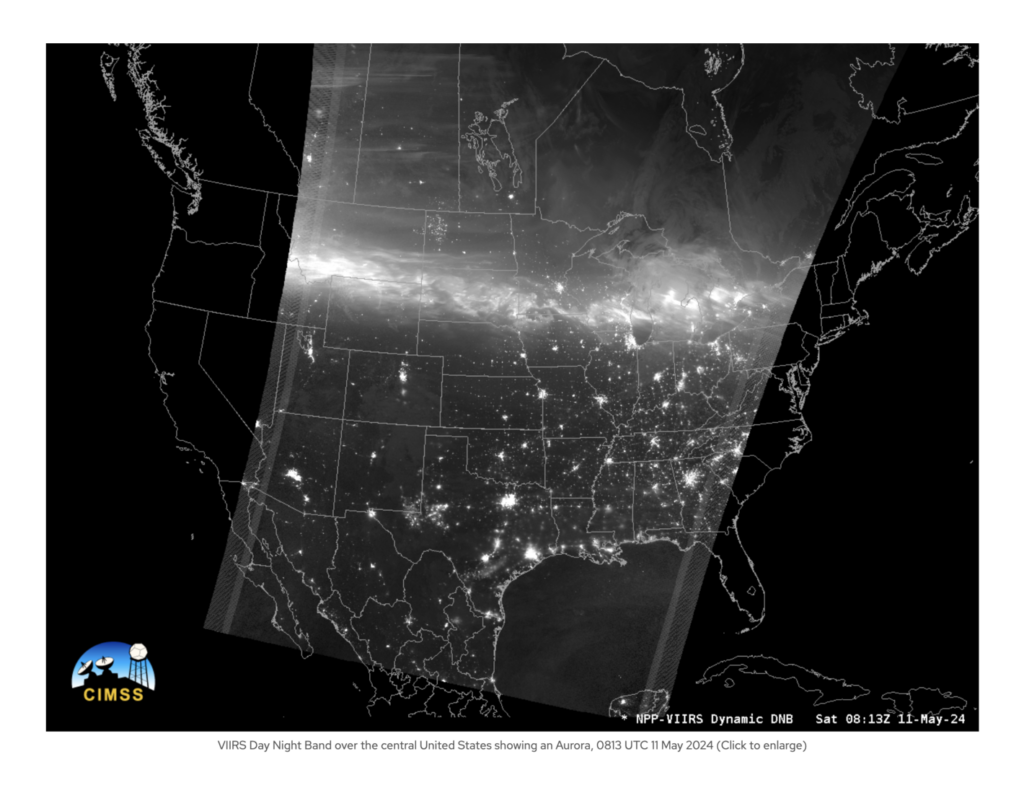
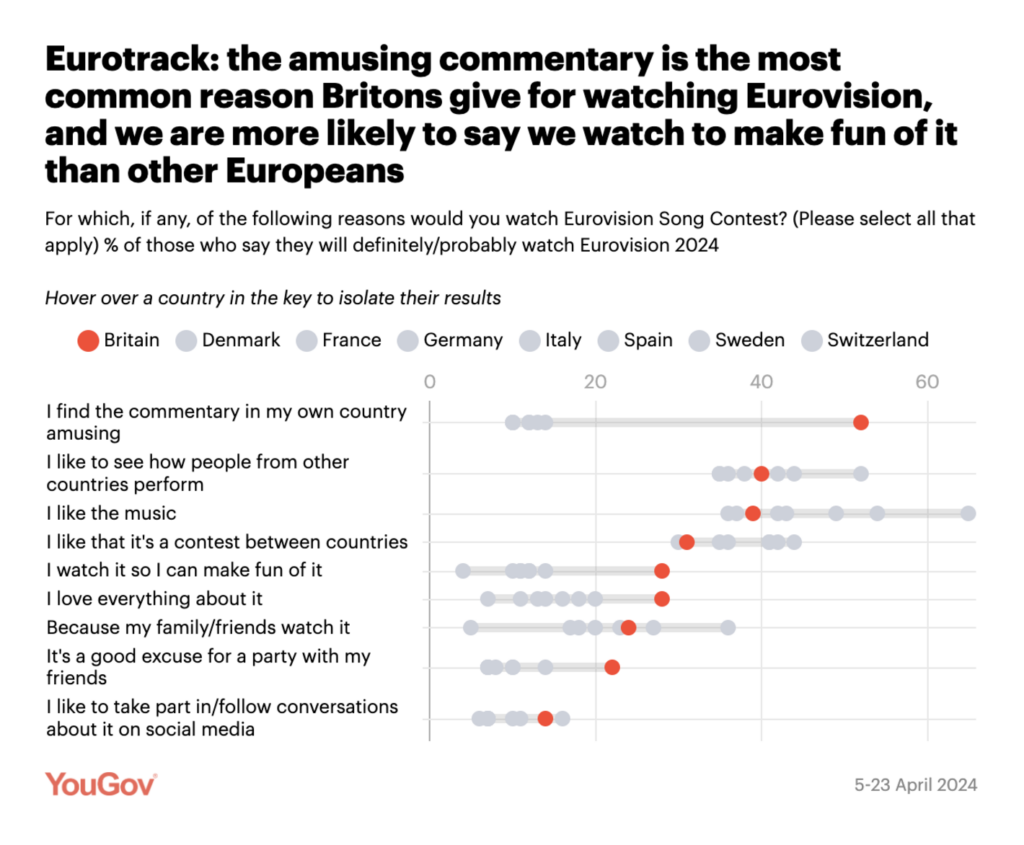
Ever heard of GPS jamming?
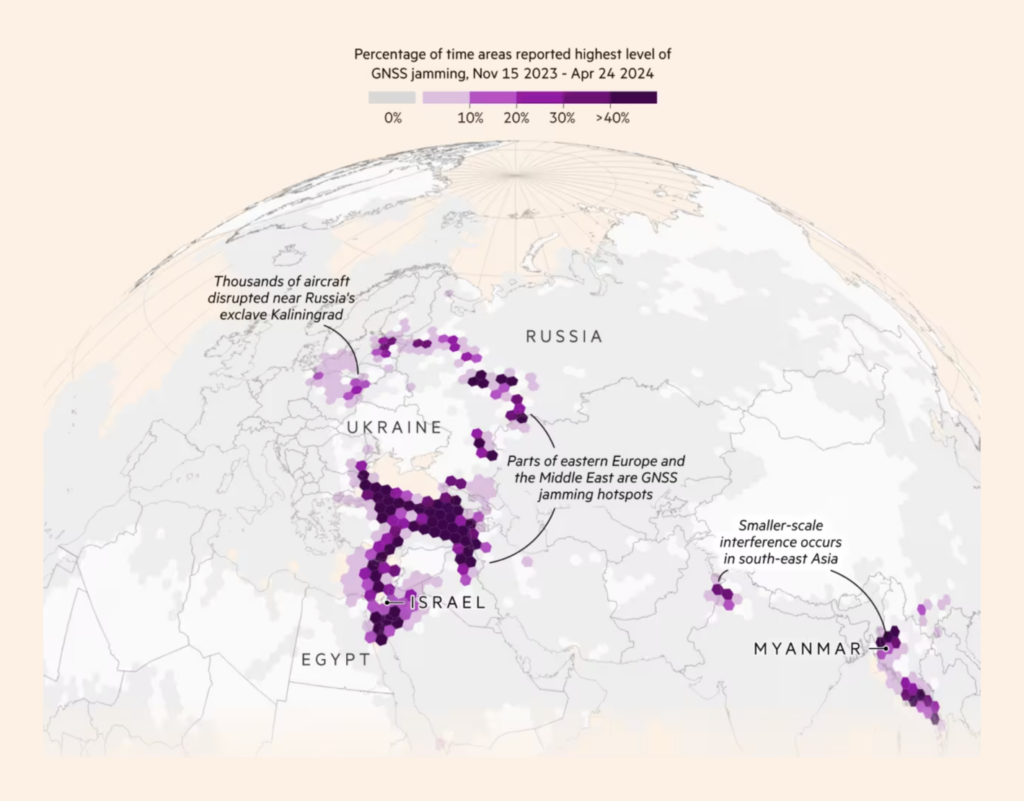
Let’s zoom in on one of the areas of high GPS jamming: the border between Russia and Ukraine. Two column charts show that Russian bombardment is actually increasing, even as sanctions are restricting deliveries of aircraft parts:
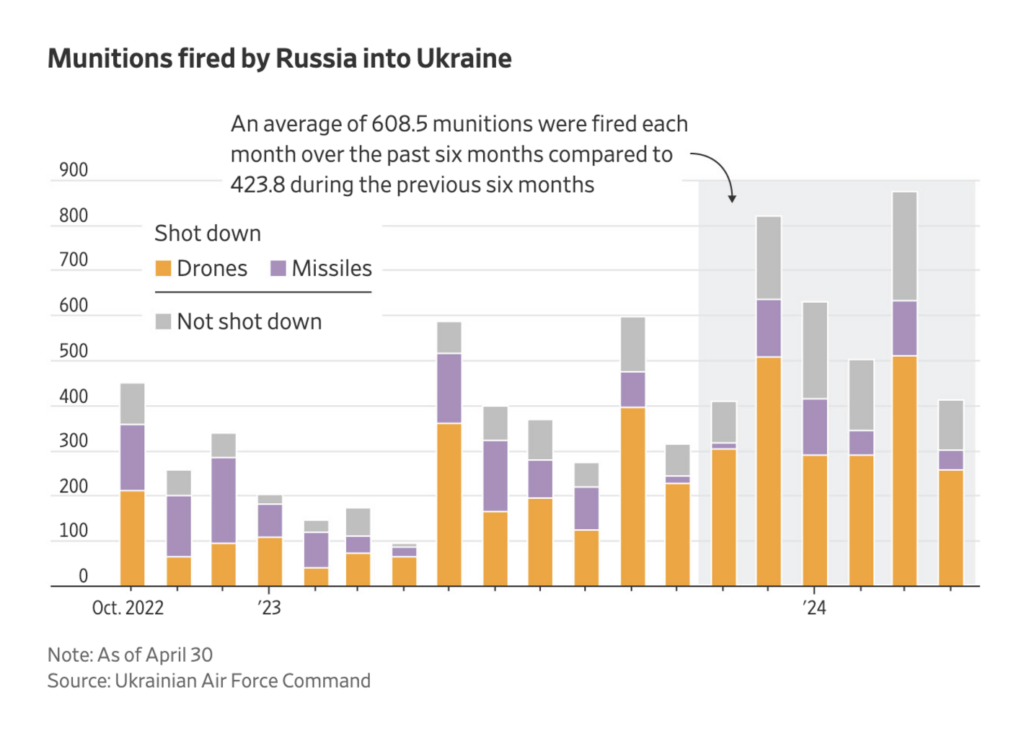
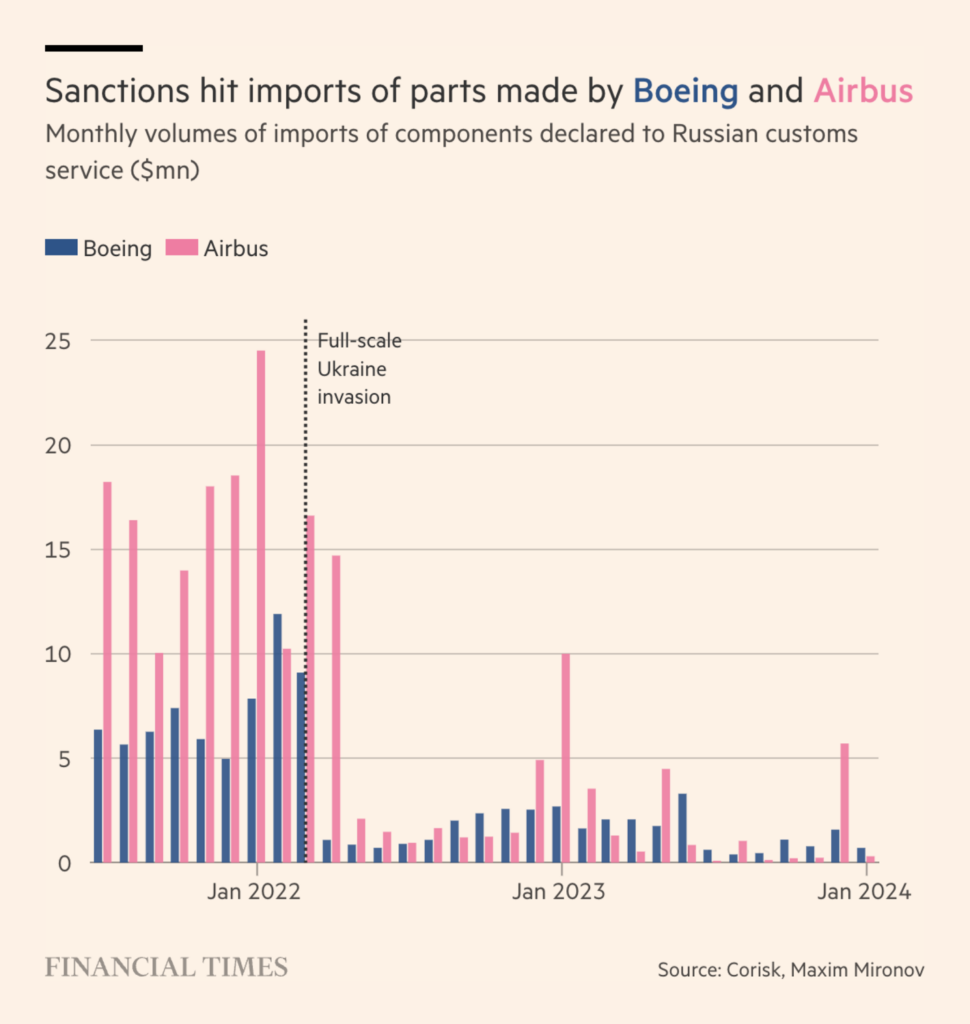
We zoom out and back in again on another GPS jamming hot spot: the Middle East. This week’s maps and charts visualized the Israeli ground operation in Rafah, the killing and displacement of Gazan civilians, and the blocking of humanitarian aid:

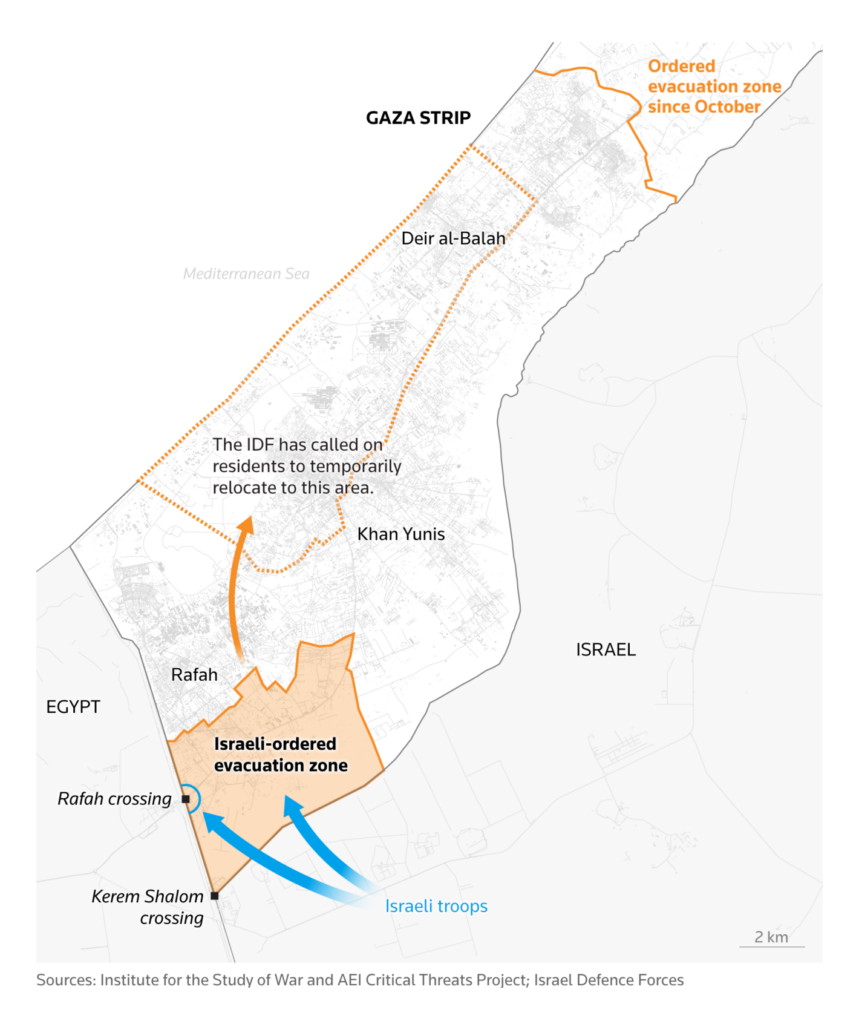
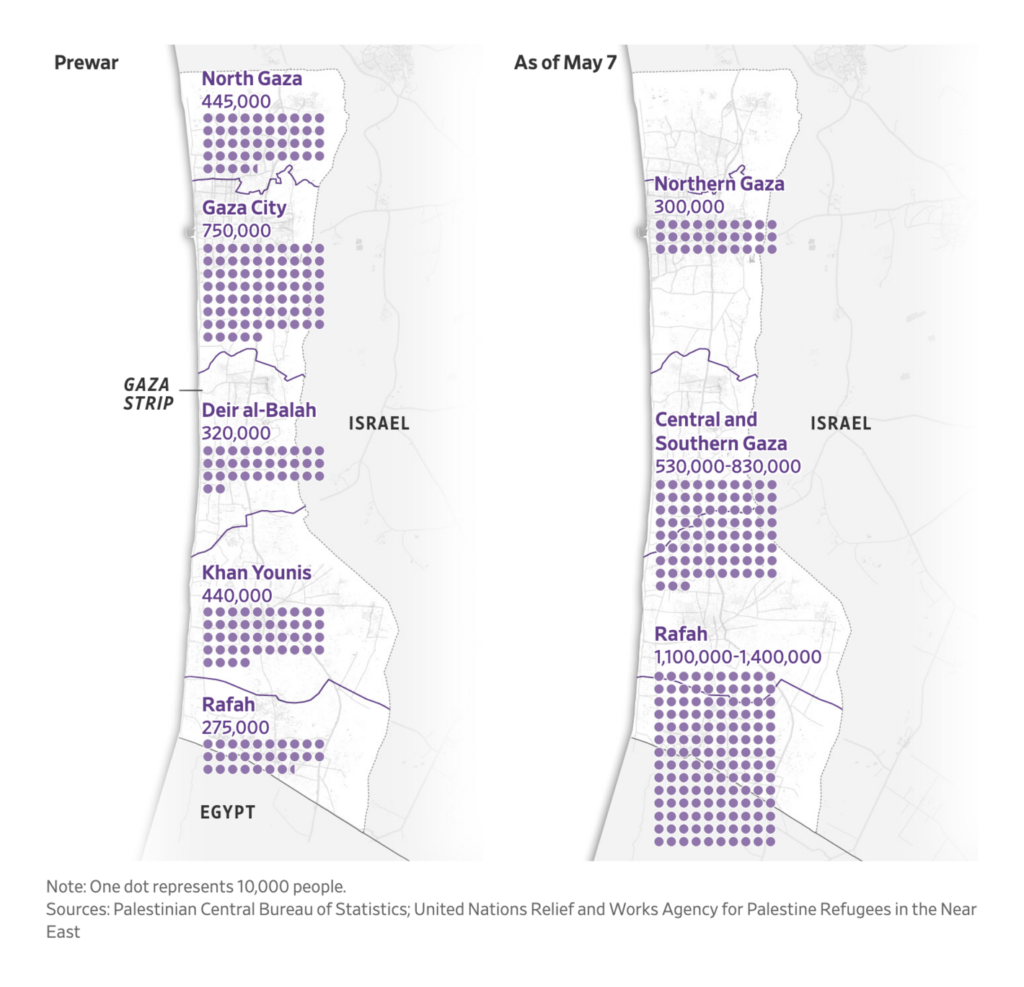
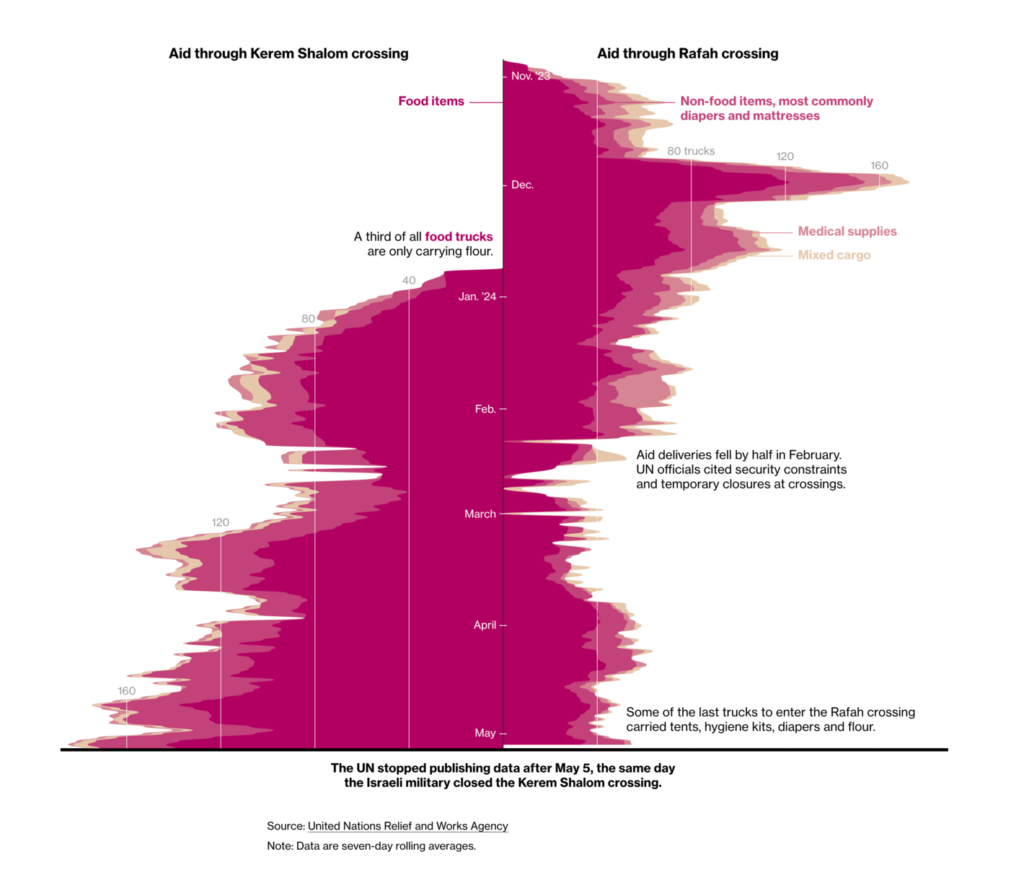
Meanwhile, CNN reports on a newly established Israeli military detention center, and international pro-Palestinian student protests continue — with no small impact on U.S. politics:
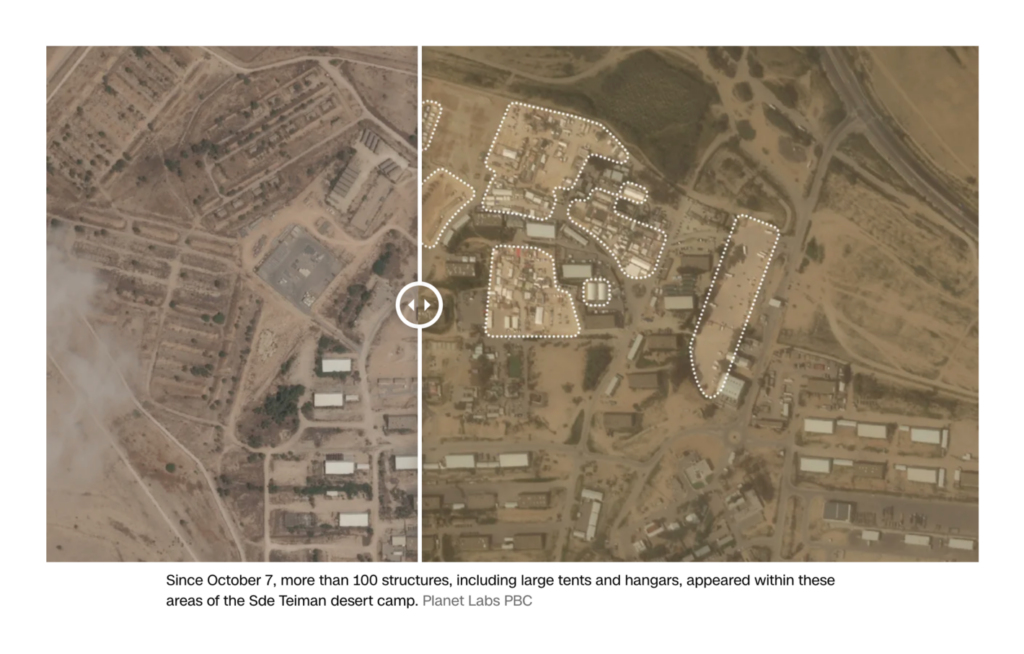
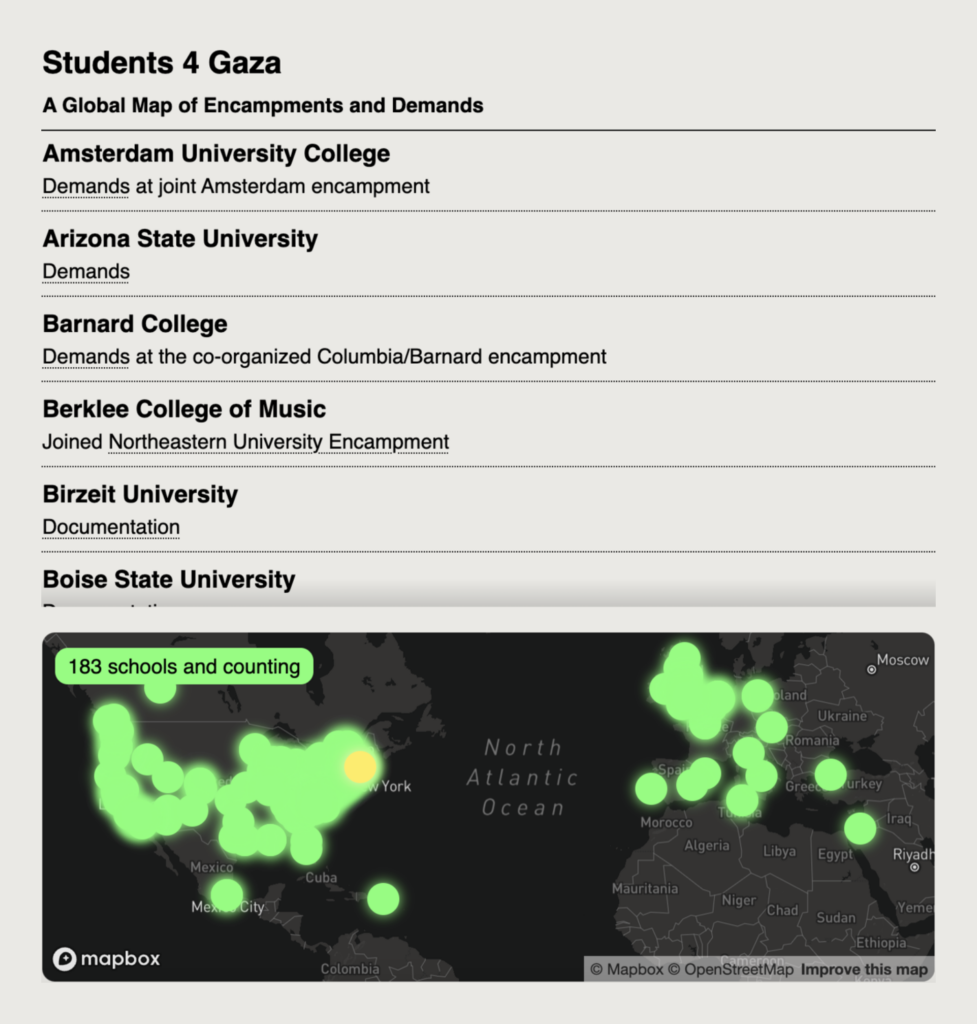
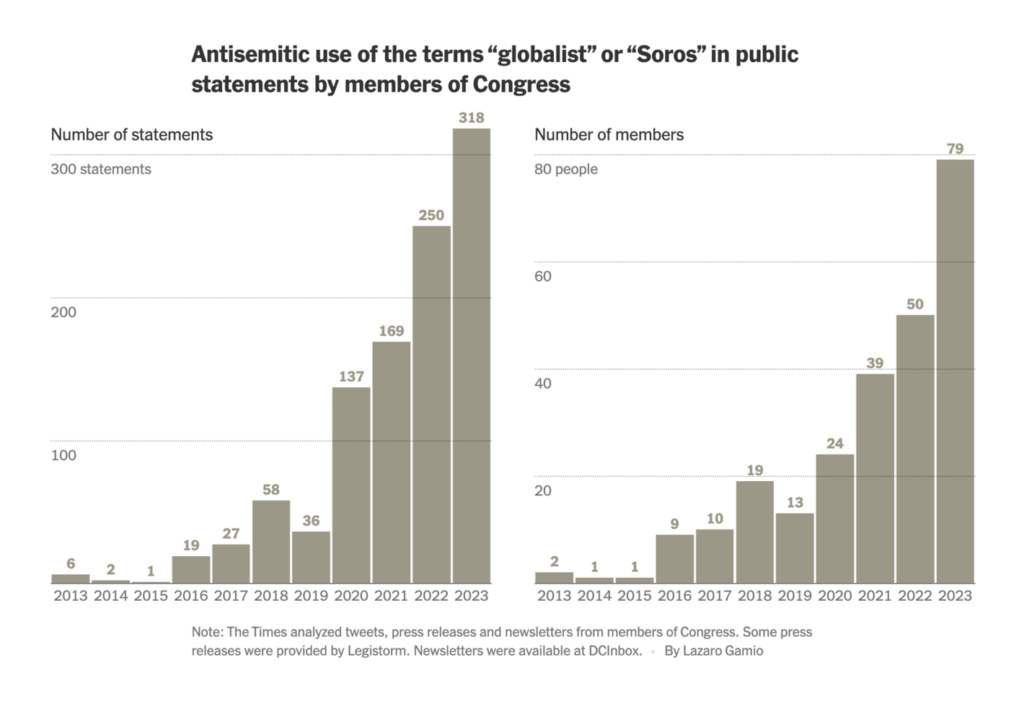
It’s election year! This week we found a multimedia project that captures the hopes and aspirations of first-time voters in India, and detailed polling and results from the Catalonian elections of May 12. There, for the first time in over a decade, the regional government could be led by an anti-independence party:
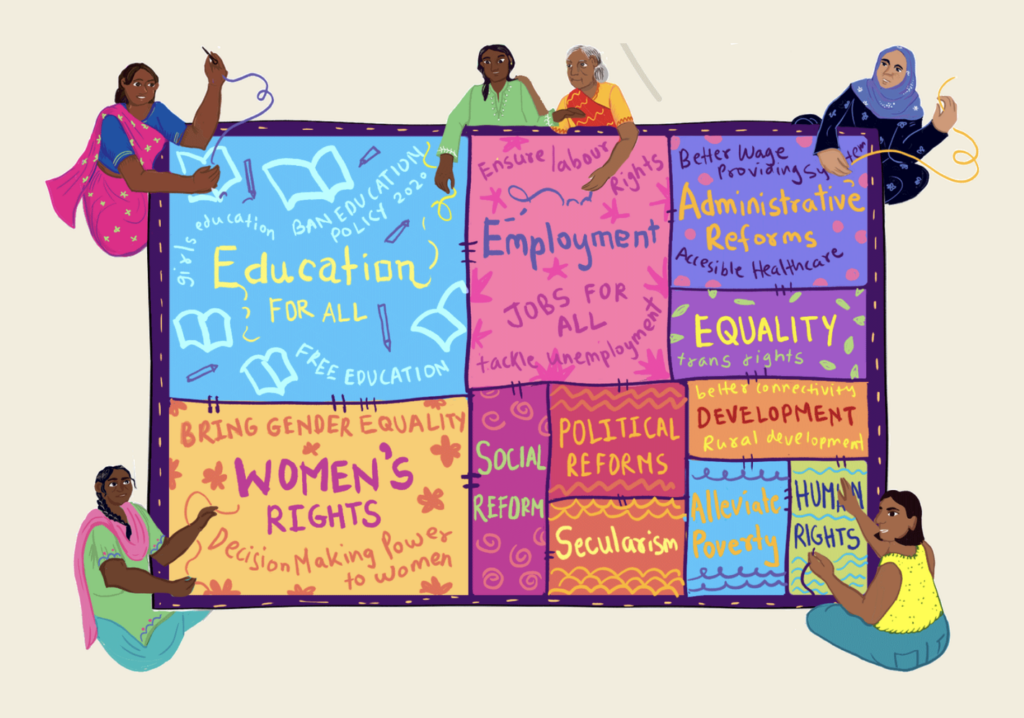
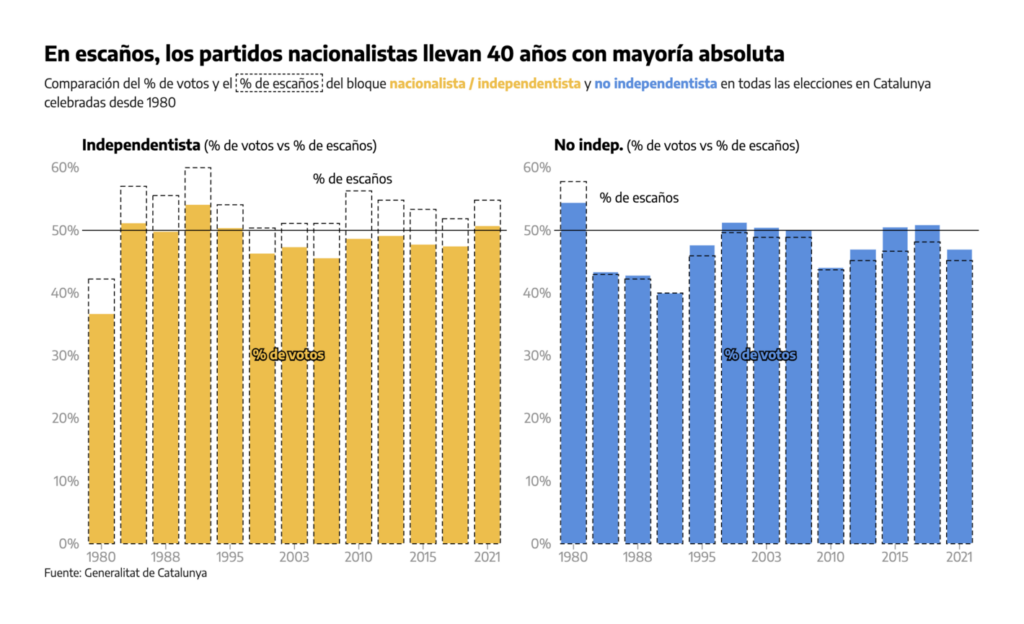
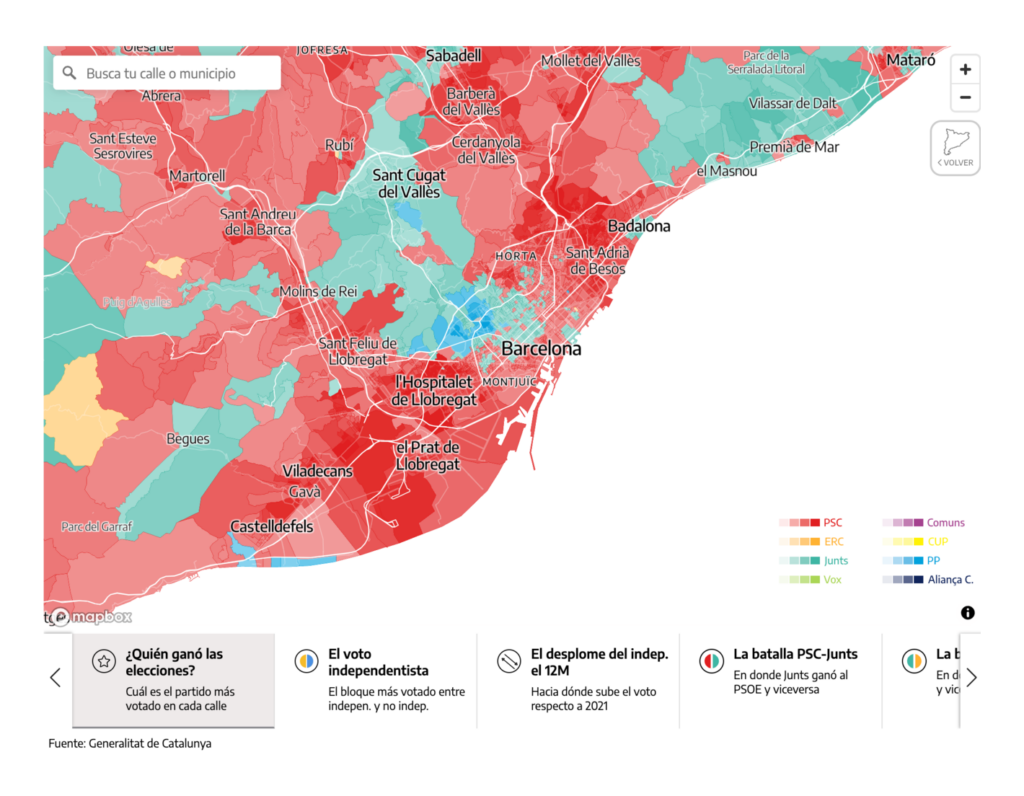
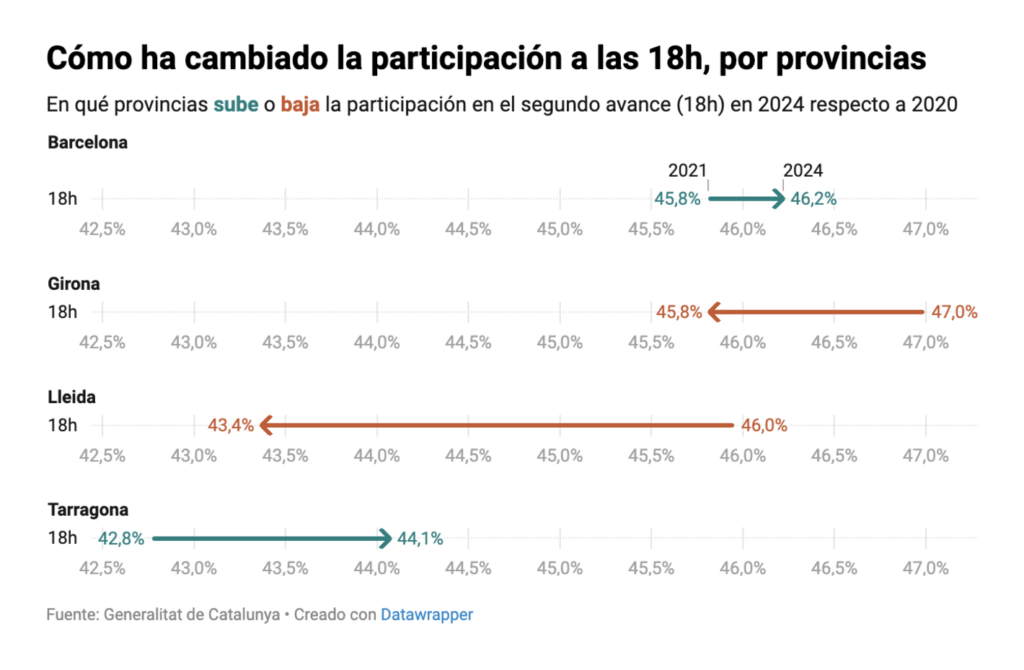
Flood and fire dominated the environmental visualizations:
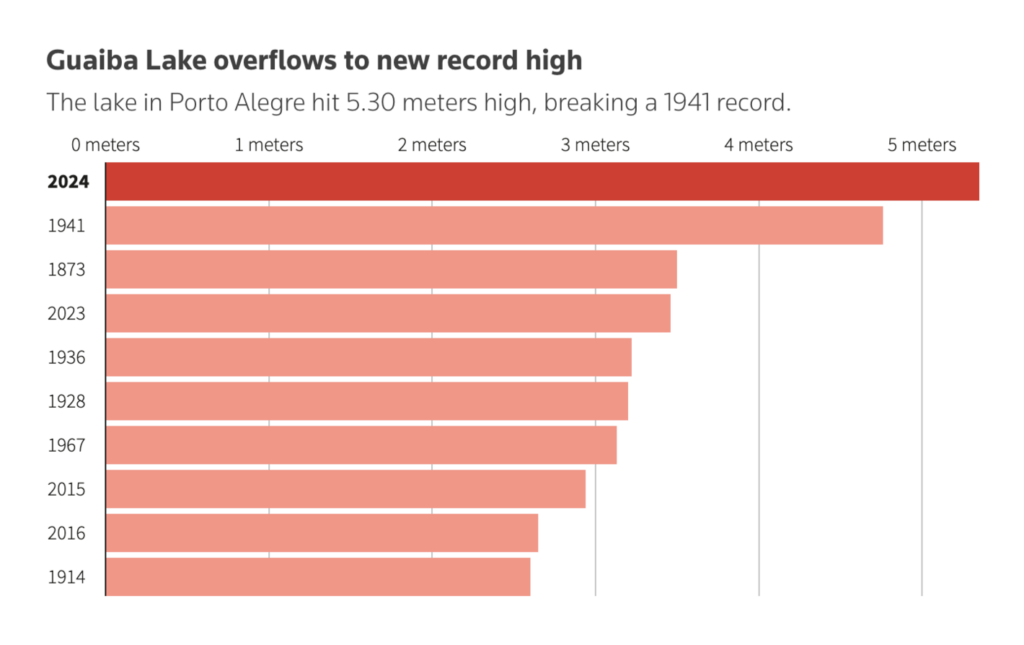
The threat of wildfires is affecting the insurance coverage of wealthy homeowners in some parts of the United States. And hundreds of locals are a thorn in the side of a wealthy oil heir who owns a strip of land in the Colorado mountains:
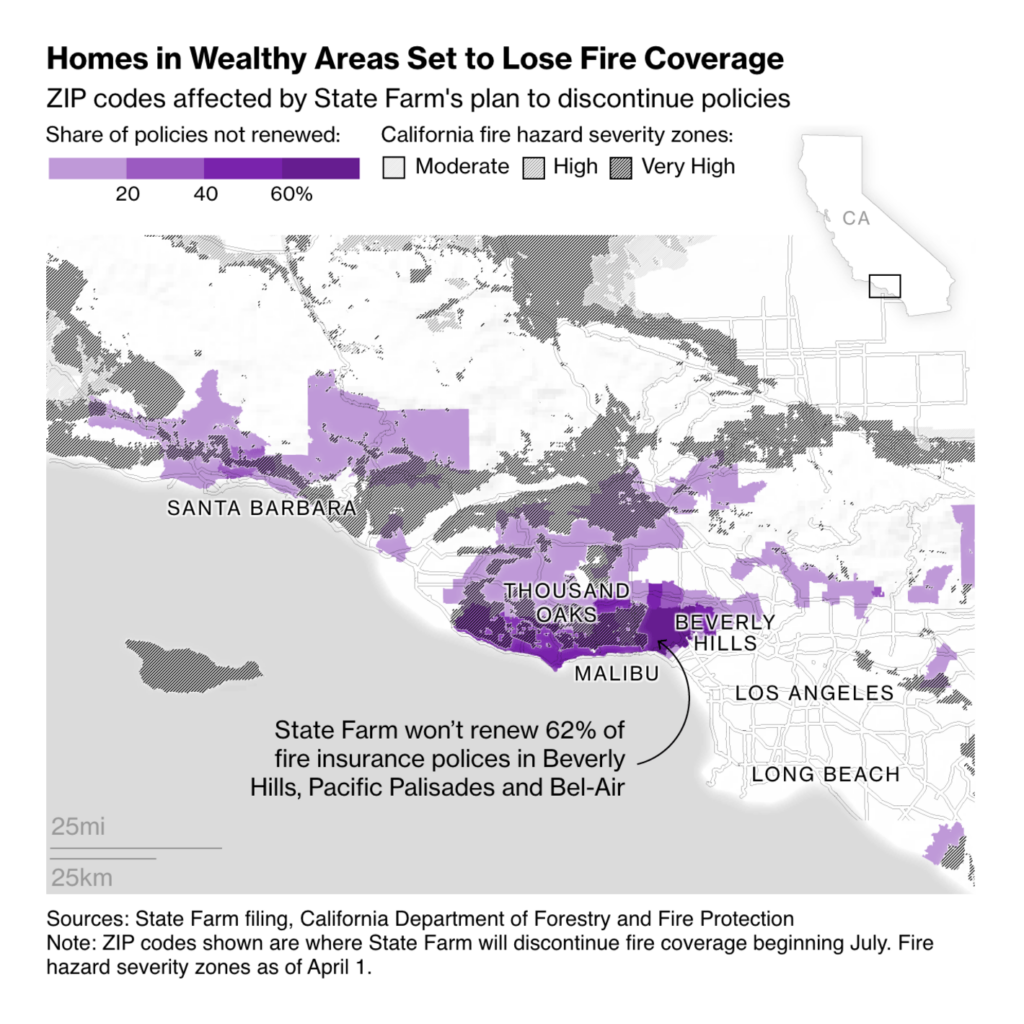
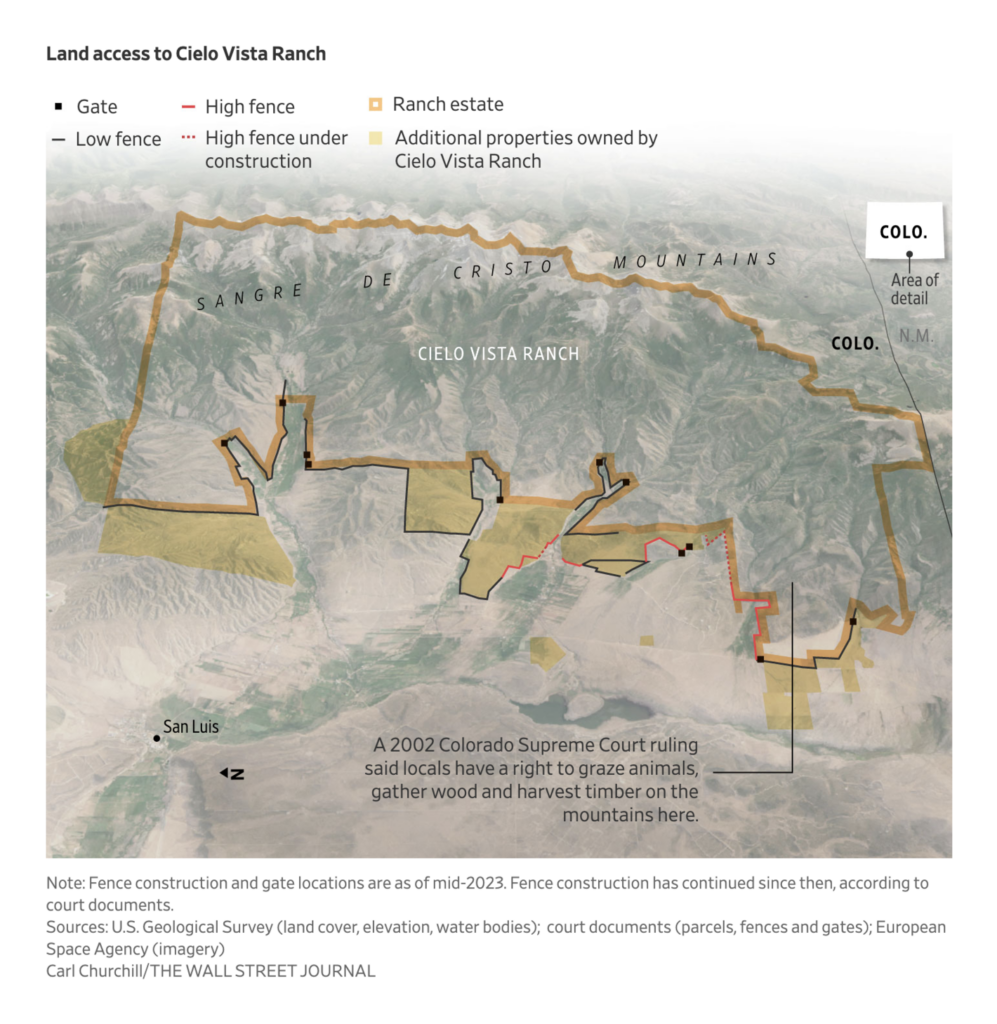
Bad news for climate — scientists expect global warming to exceed the global 1.5 degree target and record temperatures to continue:
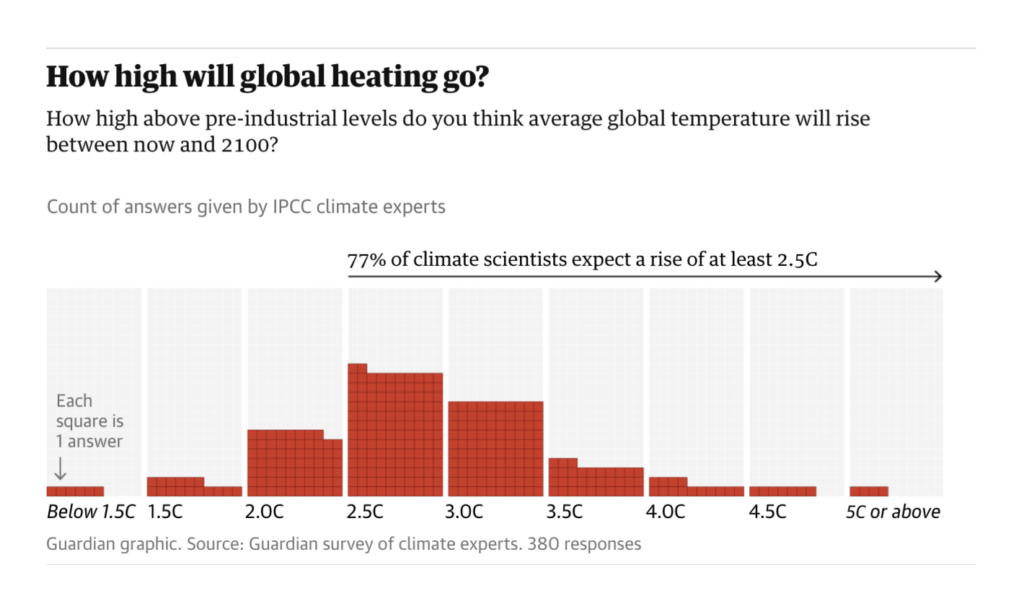
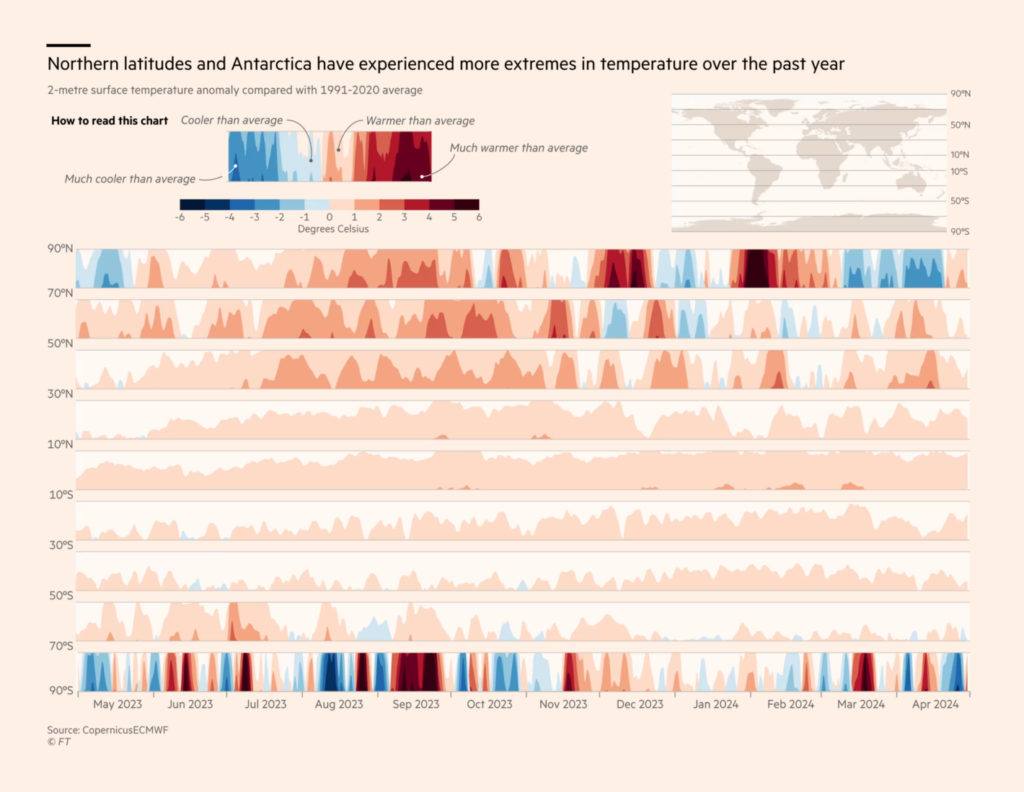
Good news for climate — the world may have passed peak pollution, and better battery storage systems are improving the reliability and resilience of clean electricity:
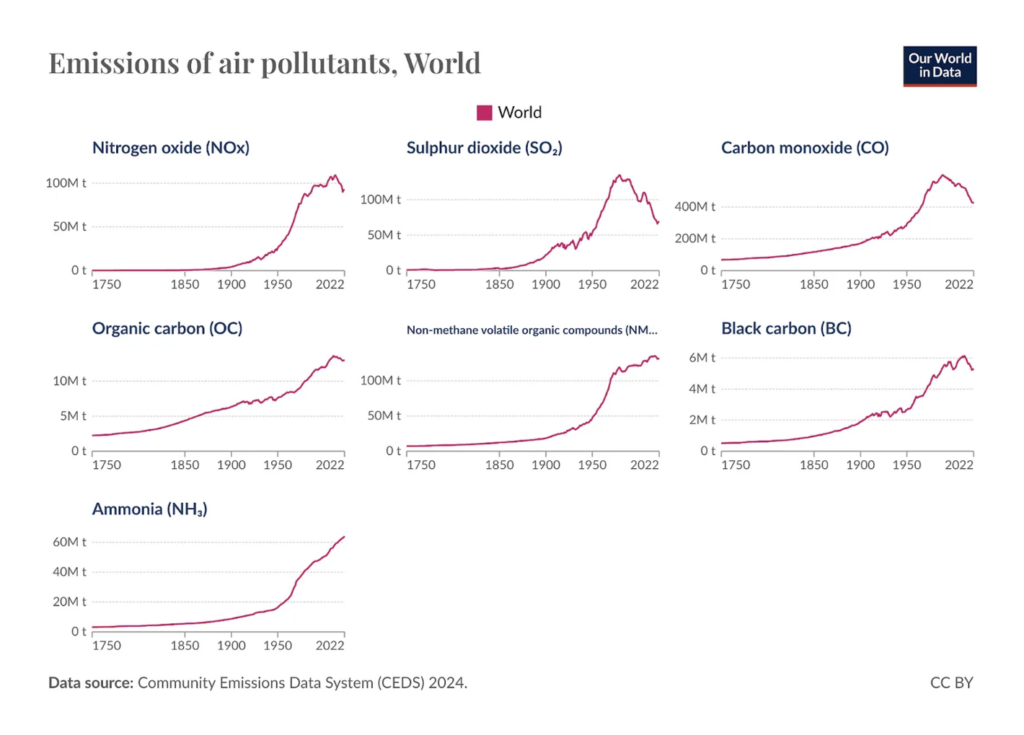
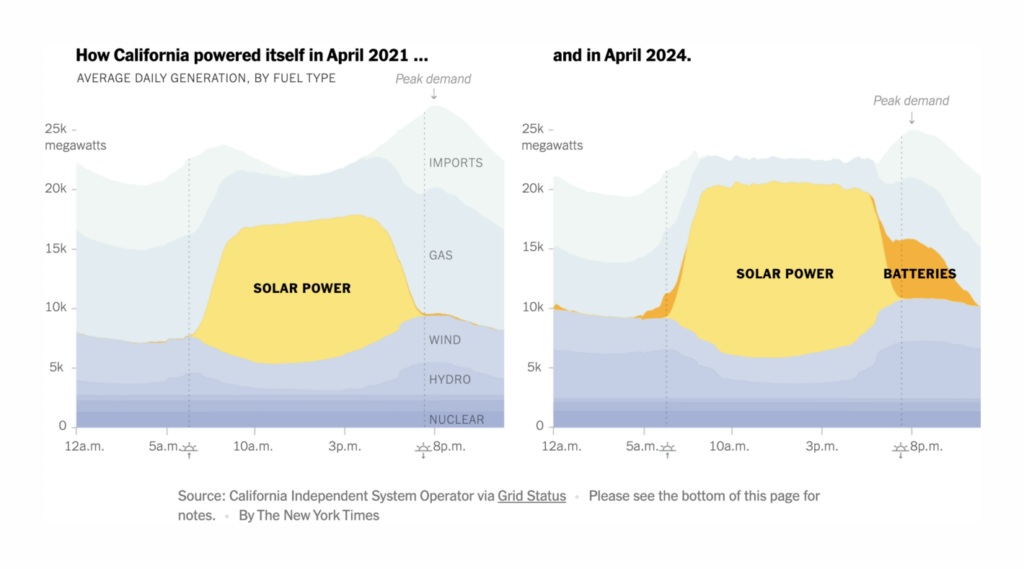
Let’s switch on a cluster about energy, in particular nuclear energy:
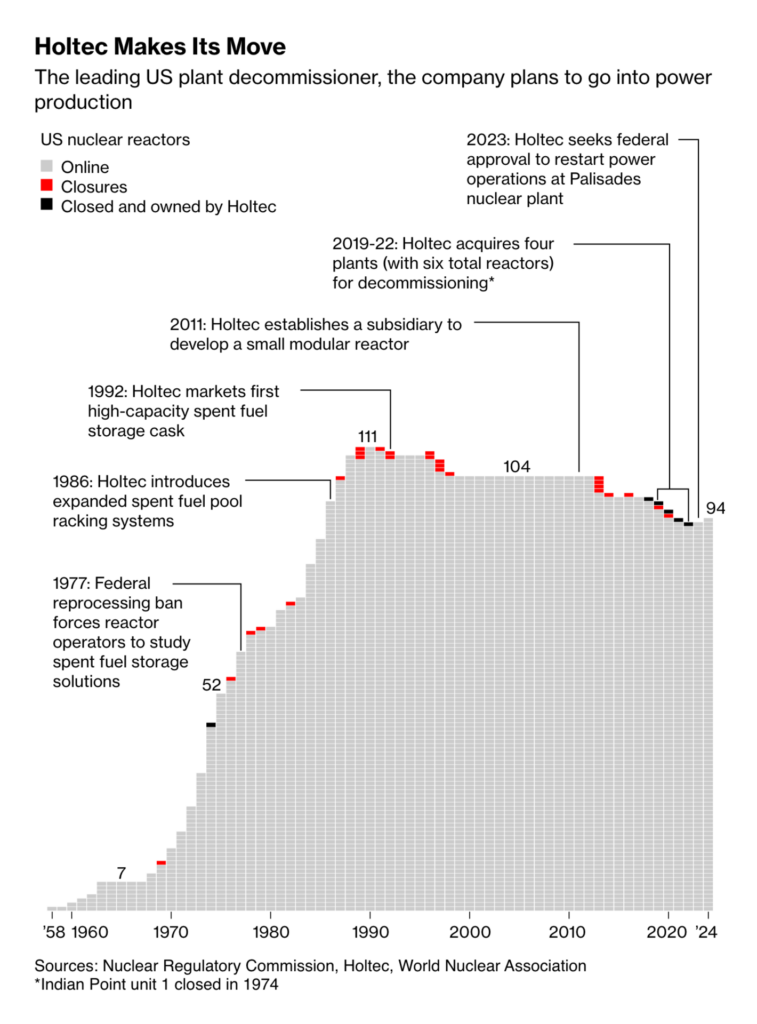
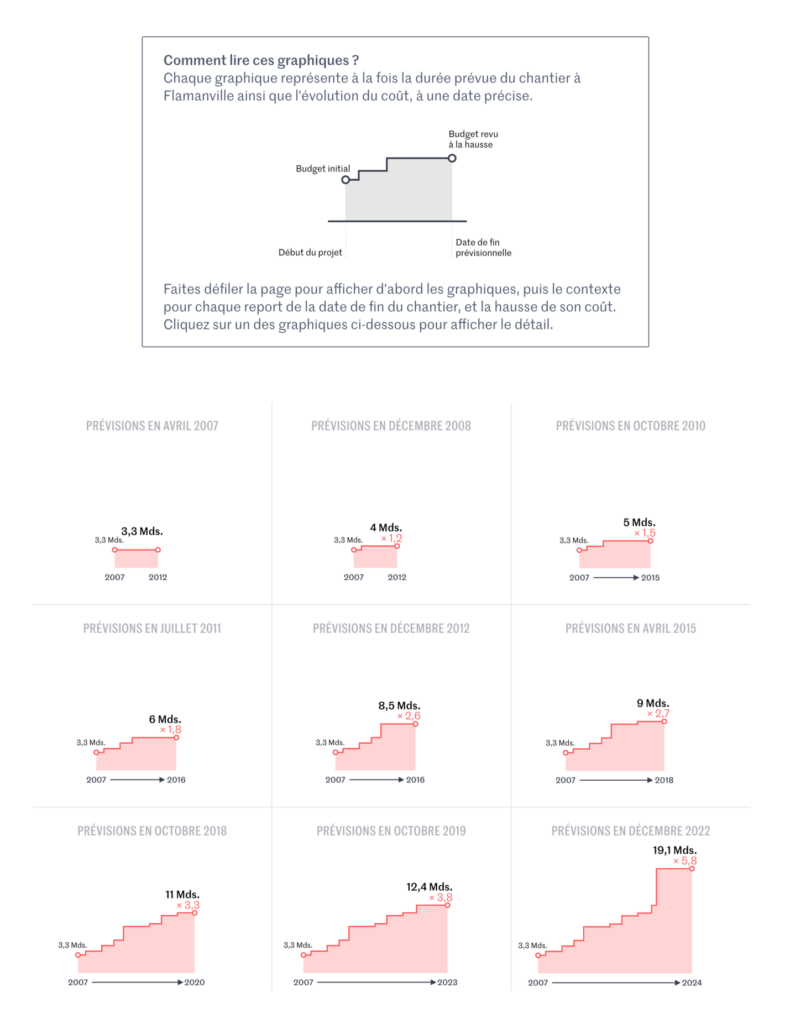
This week’s news focused on women is a rollercoaster of emotions. Labor and delivery wards in Nigeria are without essential medical equipment; the U.S. rise in maternal mortality may be due to a change in measurement; fertility rates are dropping noticeably in many countries; and women are increasing their presence in Japanese boardrooms:
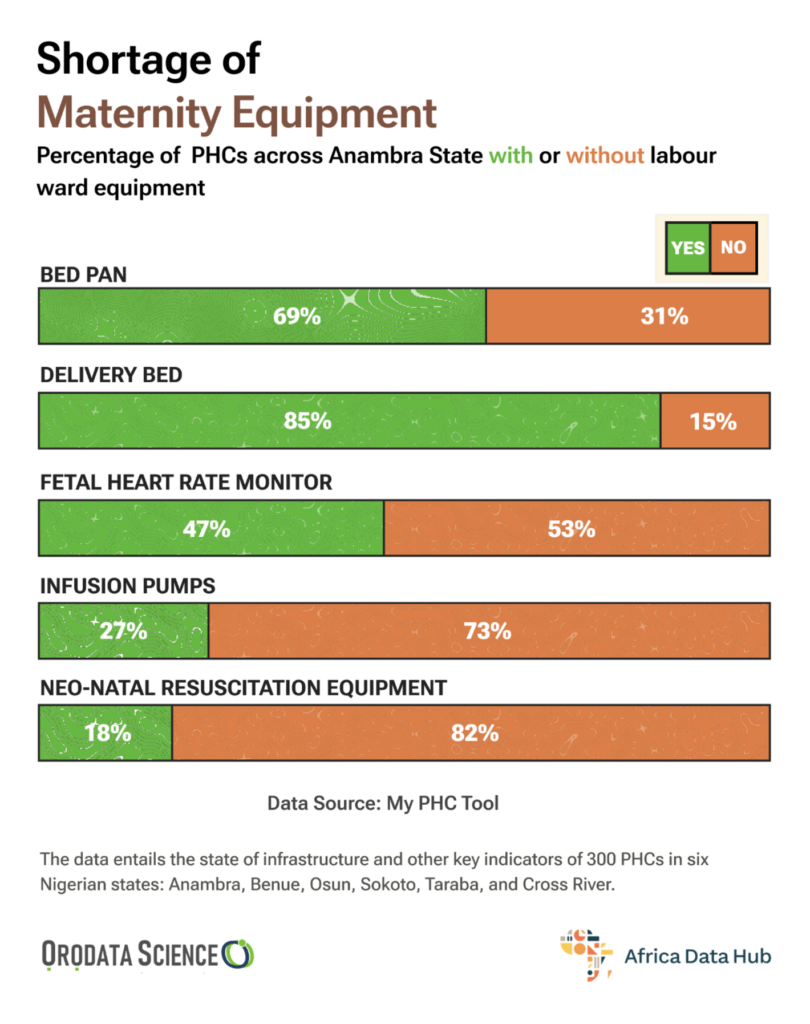
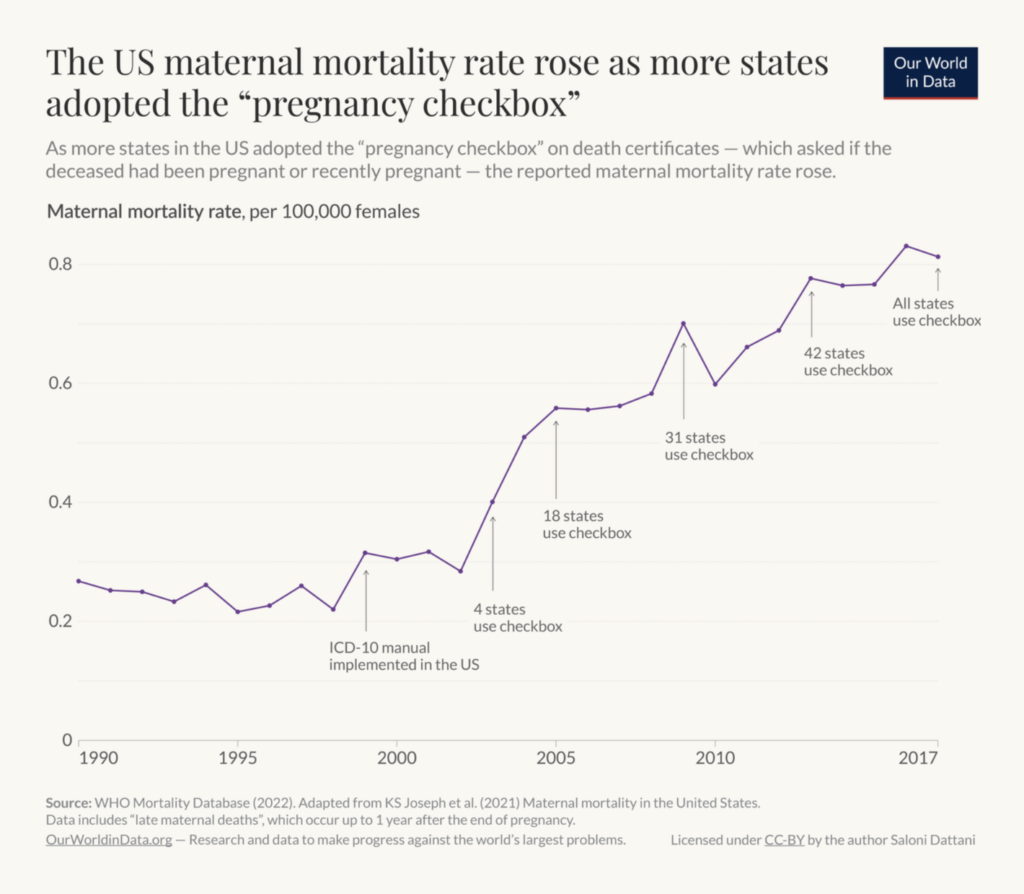
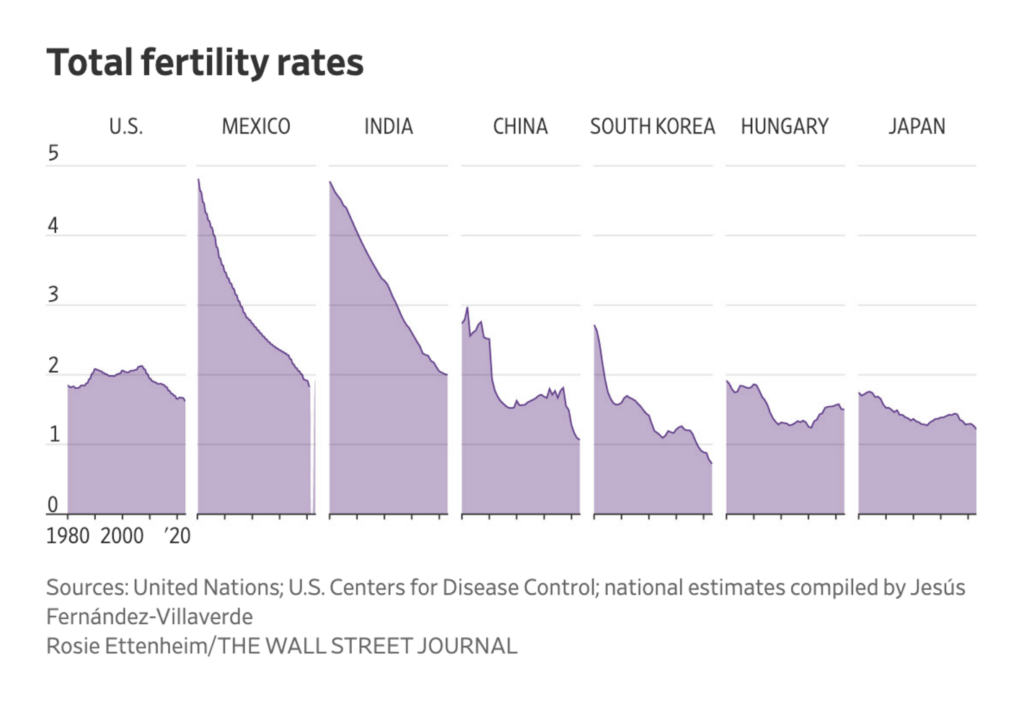

In the world of labor, we found membership in the United Auto Workers union (UAW) and platform work in Korea:
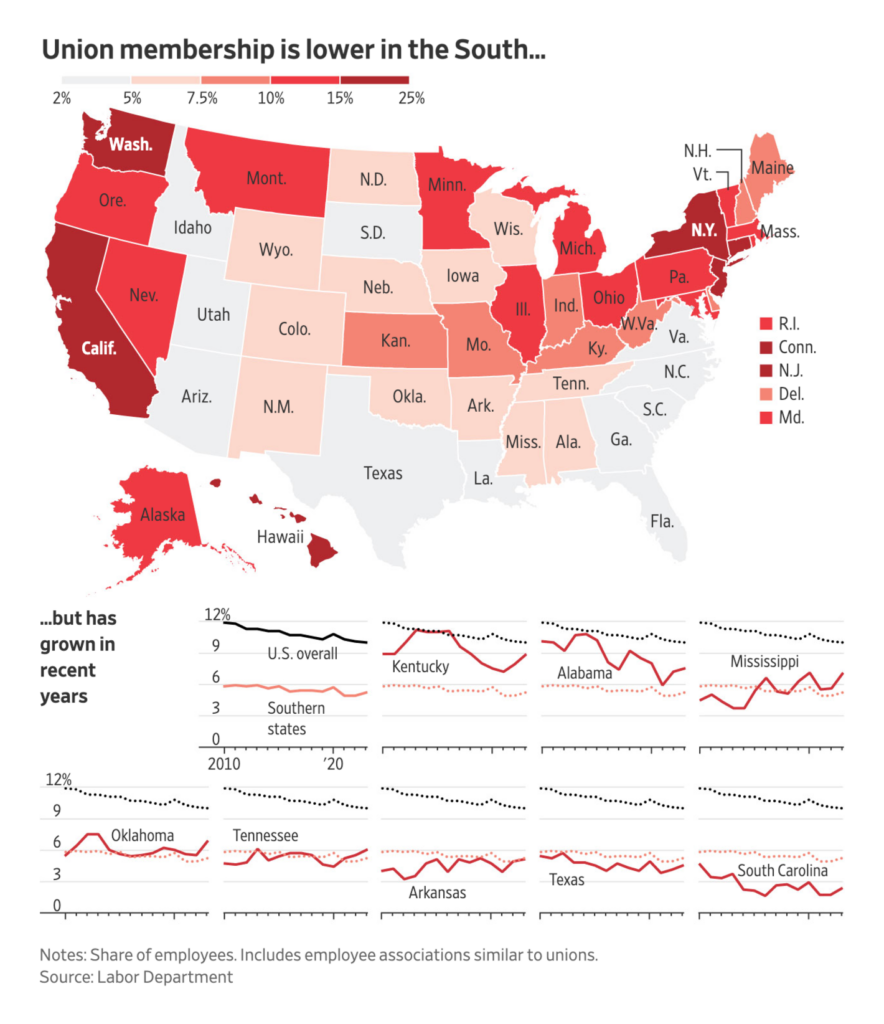
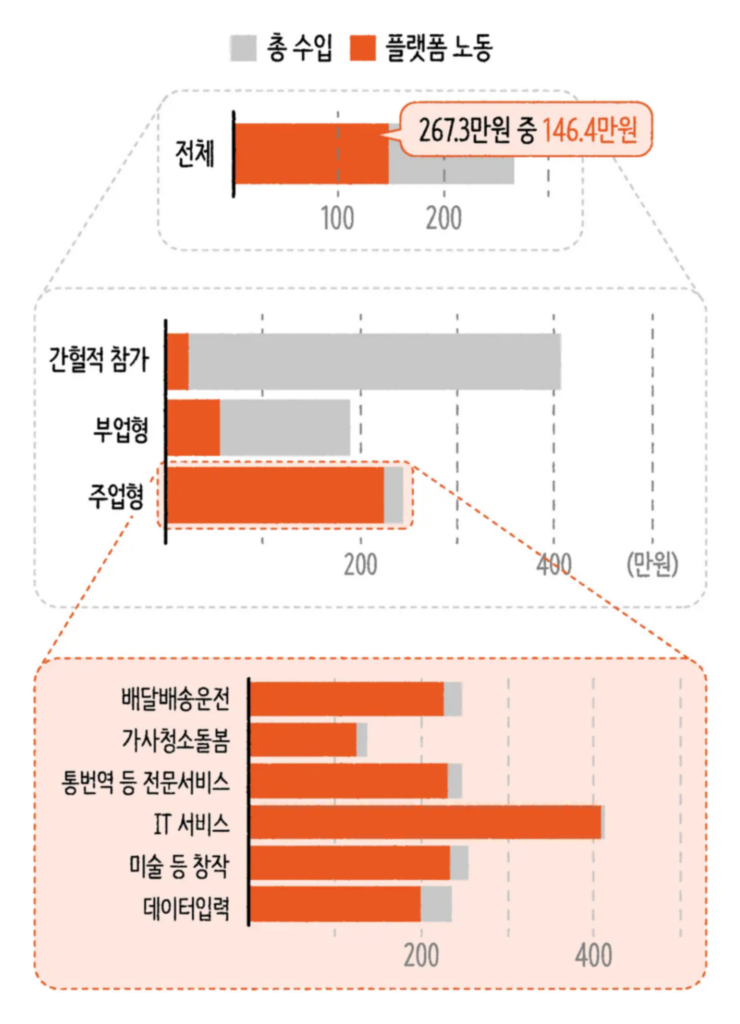
Finally, all different kinds of routes, from the travels and dangers faced by a whale named Bishop, to our daily commutes, to the role of Chinese exports in the Mexican drug trade:
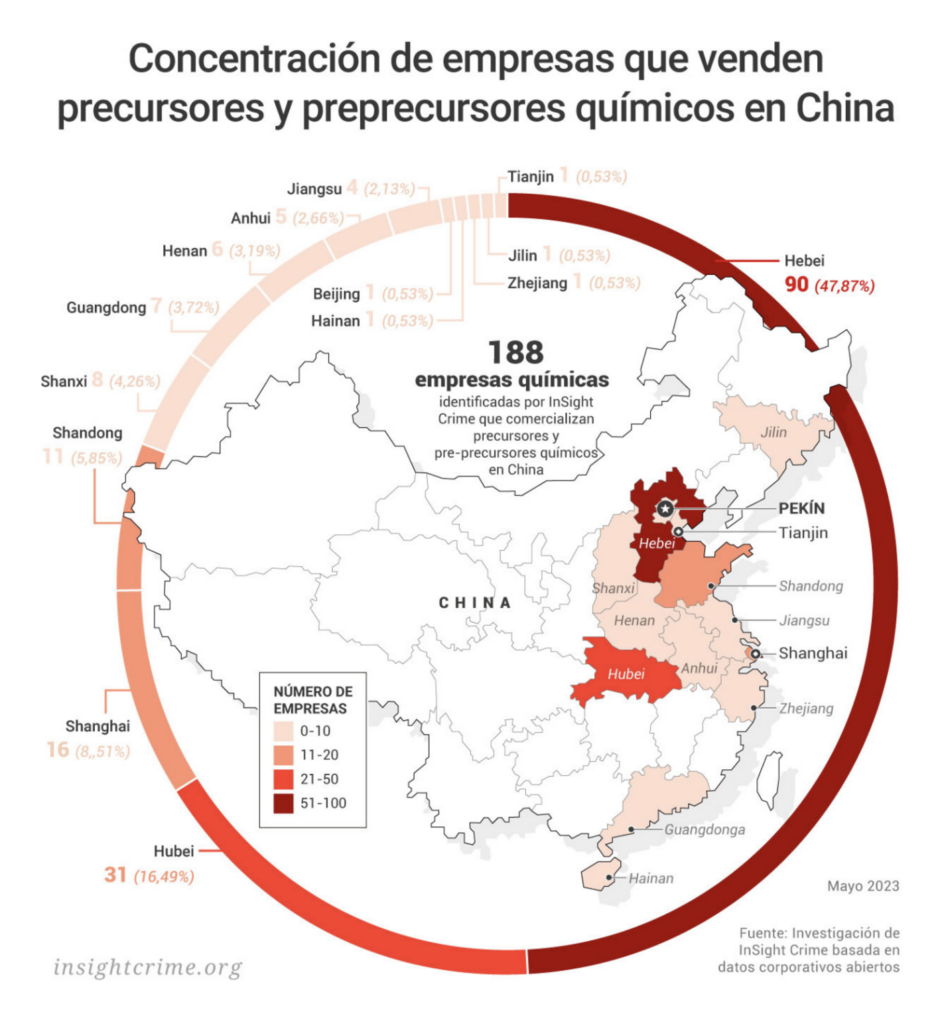
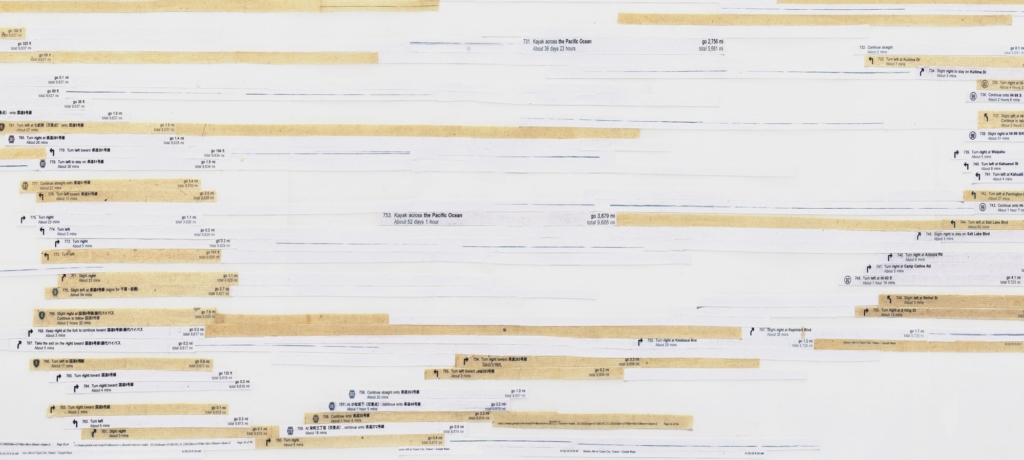
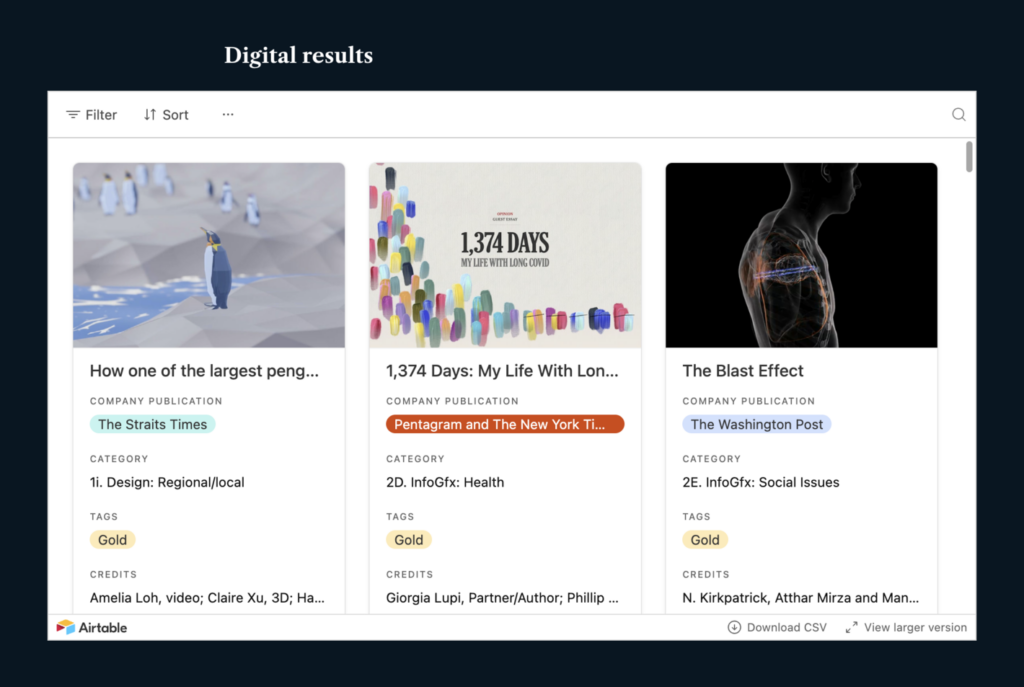
Applications are open for…
Help us make this dispatch better! We’d love to hear which newsletters, blogs, or social media accounts we need to follow to learn about interesting projects, especially from less-covered parts of the world (Asia, South America, Africa). Write us at hello@datawrapper.de or leave a comment below.
Want the Dispatch in your inbox every Tuesday? Sign up for our Blog Update newsletter!
Comments